How a Swiss photographer spent four years battling legal charges in Hong Kong
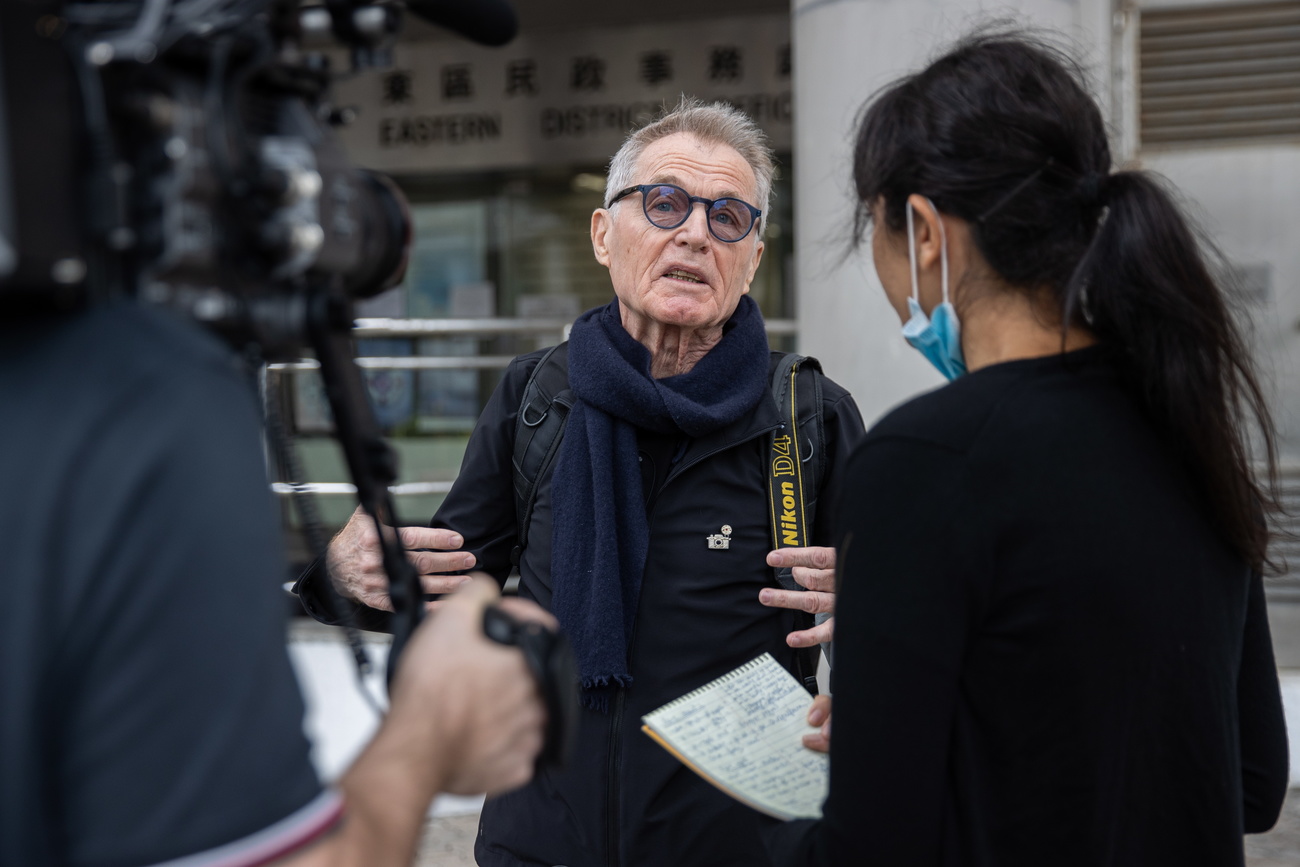
Swiss photographer Marc Progin, a long-time resident of Hong Kong, got caught up in a legal nightmare after he covered a pro-democracy demonstration in 2019. Recently he received an adverse court decision. Press freedom advocacy groups say he is being persecuted.
Progin, a freelance photographer, was twice tried by Hong Kong courts for “aiding and abetting public disorder”. Both trials ended in an acquittal. Now the 78-year-old retired businessman, who has lived in the former British colony for 46 years, has been denied reimbursement of his legal costs.
Press freedom campaigners point to a “Kafkaesque situationExternal link” and have approached the authorities on the matter (see box below). Progin has said he is resigned to paying the HK$500,000 (CHF57,800) he is being billed, just to put an end to four years of legal pursuits.
‘In the wrong place at the wrong time’
It all began on October 4, 2019. Hong Kong witnessed one of several mass demonstrations against a reform bill which protesters said would allow the Chinese government to gain a stranglehold on the city. As at every demonstration, Progin was there taking photos. But just then the situation got out of hand.
An altercation erupted between a banker from mainland China and the crowd, resulting in the Chinese citizen being assaulted. The photographer got pictures of the incident, but he in turn was being filmed by the world’s TV cameras.
“I was in the right place at the right time to get just the right photo,” recalls Progin, “but as it turned out, I was also in the wrong place at the wrong time.”
A video of the incident put online by news agency Bloomberg:
The next day, the assault on the banker made news headlines. Pictures of the incident circulating online were seen by tens of millions of people in China. Very soon, Progin was being singled out by pro-Beijing elements who started a campaign of online harrassment against him, accusing him of being involved in the beating.
The Swiss native only became aware of the seriousness of the situation when police came to his home just before Christmas 2019. He was arrested, then released on bail. Finally, in April 2020 he was charged with “aiding and abetting public disorder”, a criminal charge carrying a sentence of up to a year in prison. The person who actually assaulted the Chinese banker has never been found.
The retired businessman was first tried in autumn 2020. “I played the card of journalistic freedom, and it basically worked,” says Progin, who was acquitted on grounds of insufficient evidence. However, the public prosecutor appealed the decision.
In late April 2022, Progin was acquitted again. The Hong Kong Justice Department was instructed to pay his legal costs. The photographer thought this was the end of the matter, but it wasn’t. There was another appeal, this time against the reimbursement of his legal fees.
‘The judge wanted me in jail’
A decision was handed down in August that year. The judge of the appeal court – appointed by the Hong Kong executive – struckExternal link out the order to pay Progin’s costs, arguing that “evidence had been poorly analysed” and that “the actions [of the photographer] were incriminating.”
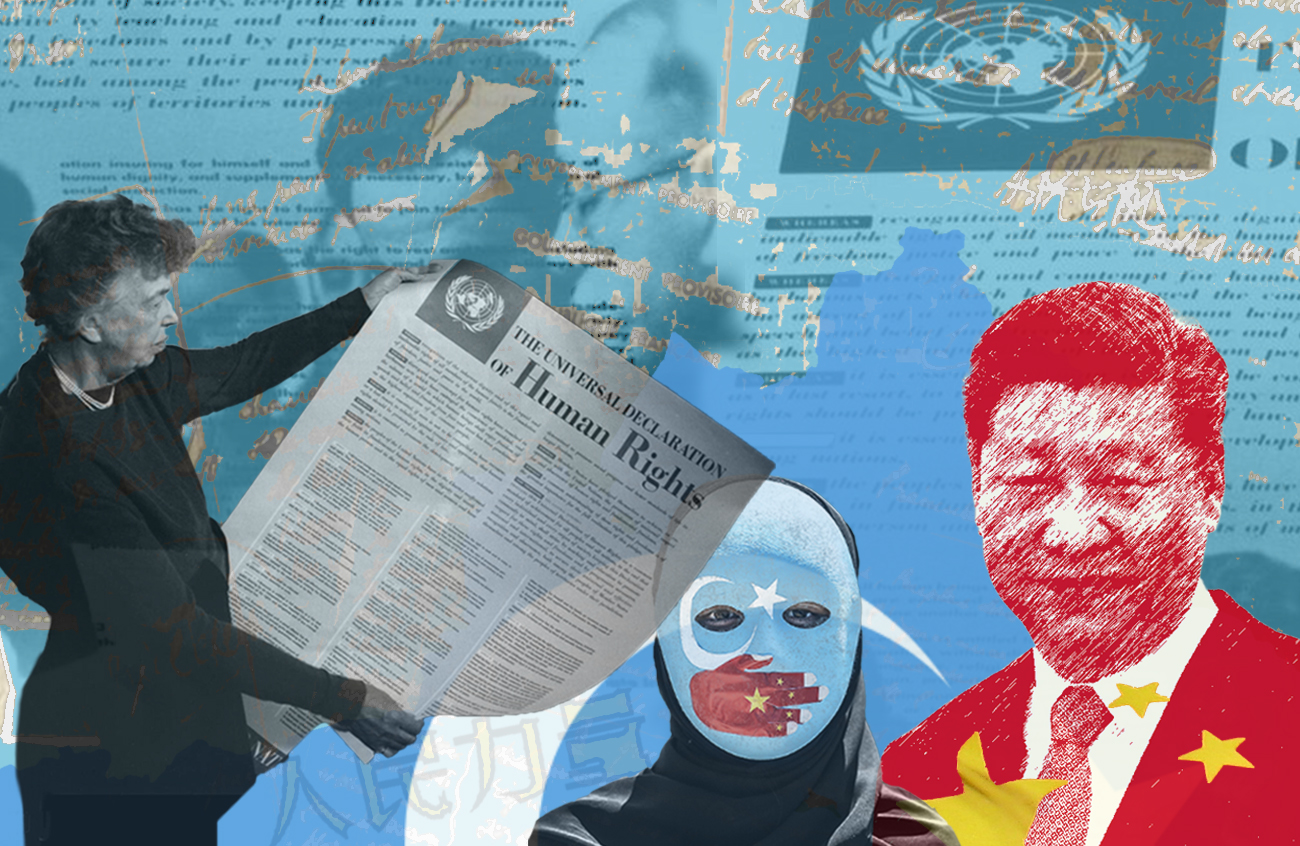
More
How China is rewriting human rights norms
The Chinese authorities often accuse “foreign elements” of interfering in support of the pro-democracy movement. “Reading the judge’s findings, I could see she would prefer to see me in jail,” says the photojournalist. “She hinted that the prosecution could also have appealed the decision to acquit me.”
While he felt buoyed by the two acquittals in a row, and had declared that his case had been fairly conducted, the Neuchâtel native now says he no longer trusts the Hong Kong justice system. It’s one reason why he hasn’t appealed the most recent decision. The case might go on for another year and cost him HK$1 million, with no guarantee of a favourable outcome.
“Morally I won – that’s what counts,” he says.
The Swiss section of the international French-speaking press union (Union internationale de la presse francophone), together with the Press Emblem Campaign and Reporters Without Borders in Switzerland, have written to Swiss foreign minister Ignazio Cassis and his new Secretary of State, Alexandre Fasel. They are asking them to intervene on behalf of Marc Progin and back the initial award of legal costs to him. They have also sent a letter of protest to the Chinese ambassador in Bern.
In response to a request from SWI swissinfo.ch, the foreign ministry said it could not comment on court decisions and could only confirm that it was “in contact [with Progin] through Swiss diplomats in Hong Kong [and supporting him] with consular assistance”.
Though also invited to respond, the Chinese embassy declined to comment.
‘Discouraging foreign journalists’
Progin says his story is just one illustration of the “climate of fear” reigning in Hong Kong since the national security law was imposed in 2020 by the Chinese government. It has been branded as undemocratic by human rights organisationsExternal link. Thousands of people accused of taking part in demonstrations have been sentenced to several years in jail.
“It’s become very difficult to keep the public informed,” says Progin. “Criticism doesn’t get through, and there is a sort of self-censorship in force. Noone dares to speak – the walls have ears, everything goes on video, and there are calls to inform on others.”
The organisation Reporters Without Borders, which recently put out a press releaseExternal link on Progin’s case, points to an “anti-journalism crusade”. It notes that some 30 journalists and press freedom campaigners have been prosecuted by the Hong Kong government in the past three years. Several media outlets have also been forced to shut down.
“The campaign of harassment being orchestrated [against Progin] is obviously intended to discourage foreign journalists from covering any future demonstrations,” says Cédric Alviani, head of the Asia-Pacific office of Reporters Without Borders.
Confronted with a situation that has become “very tough”, Hong Kongers who choose to stay have to “keep their heads down and keep working,” but many are choosing exile, says Progin, who thinks Hong Kong is “hemorrhaging”. The photographer, who retired from working in the watch industry, wants to stay in the former colony, where he has lived half his life, along with his family.
“Here in Hong Kong, I am part of the furniture,” he jokes. “I am still Swiss of course, but I have a soft spot for the local people here – they are very brave.”
Adapted from French by Terence MacNamee/gw
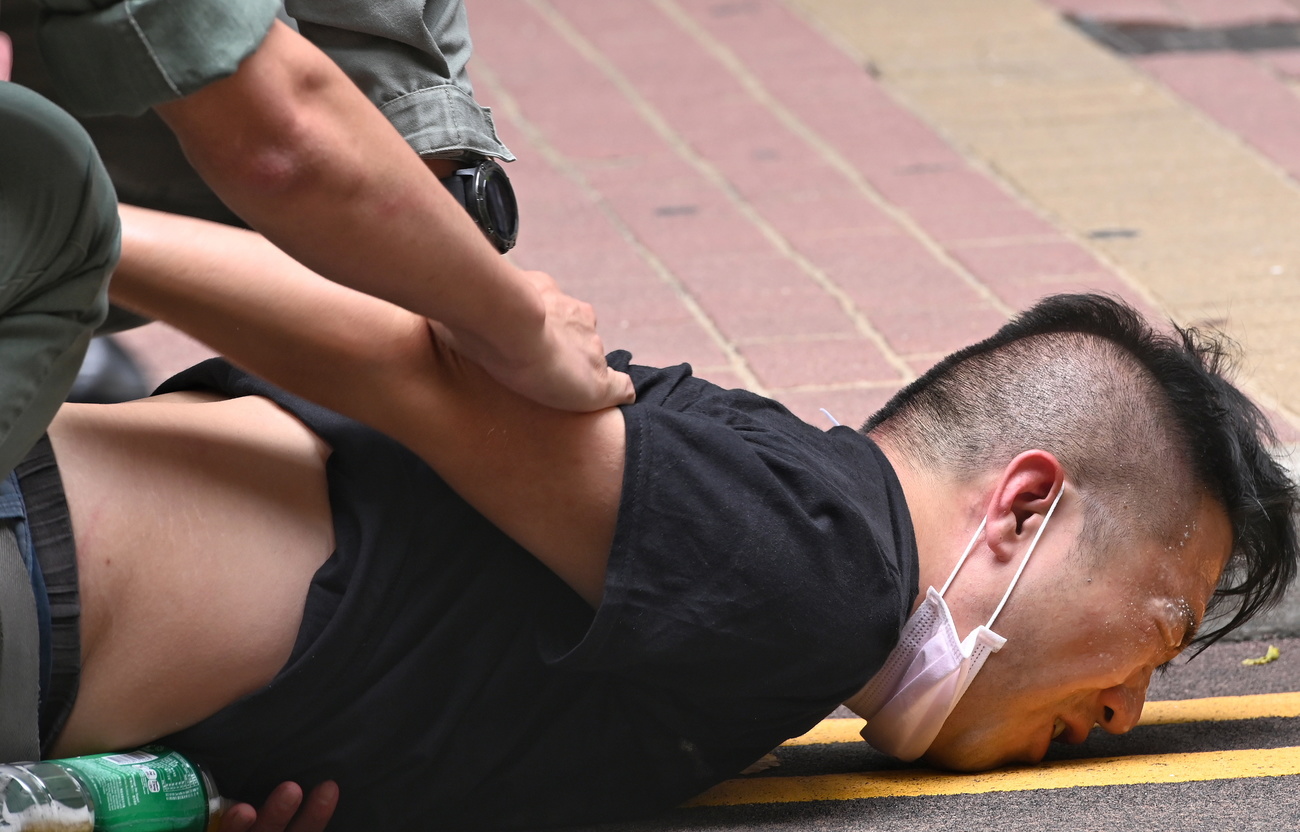
More
China slams Switzerland for ‘interfering in internal affairs’

In compliance with the JTI standards
More: SWI swissinfo.ch certified by the Journalism Trust Initiative

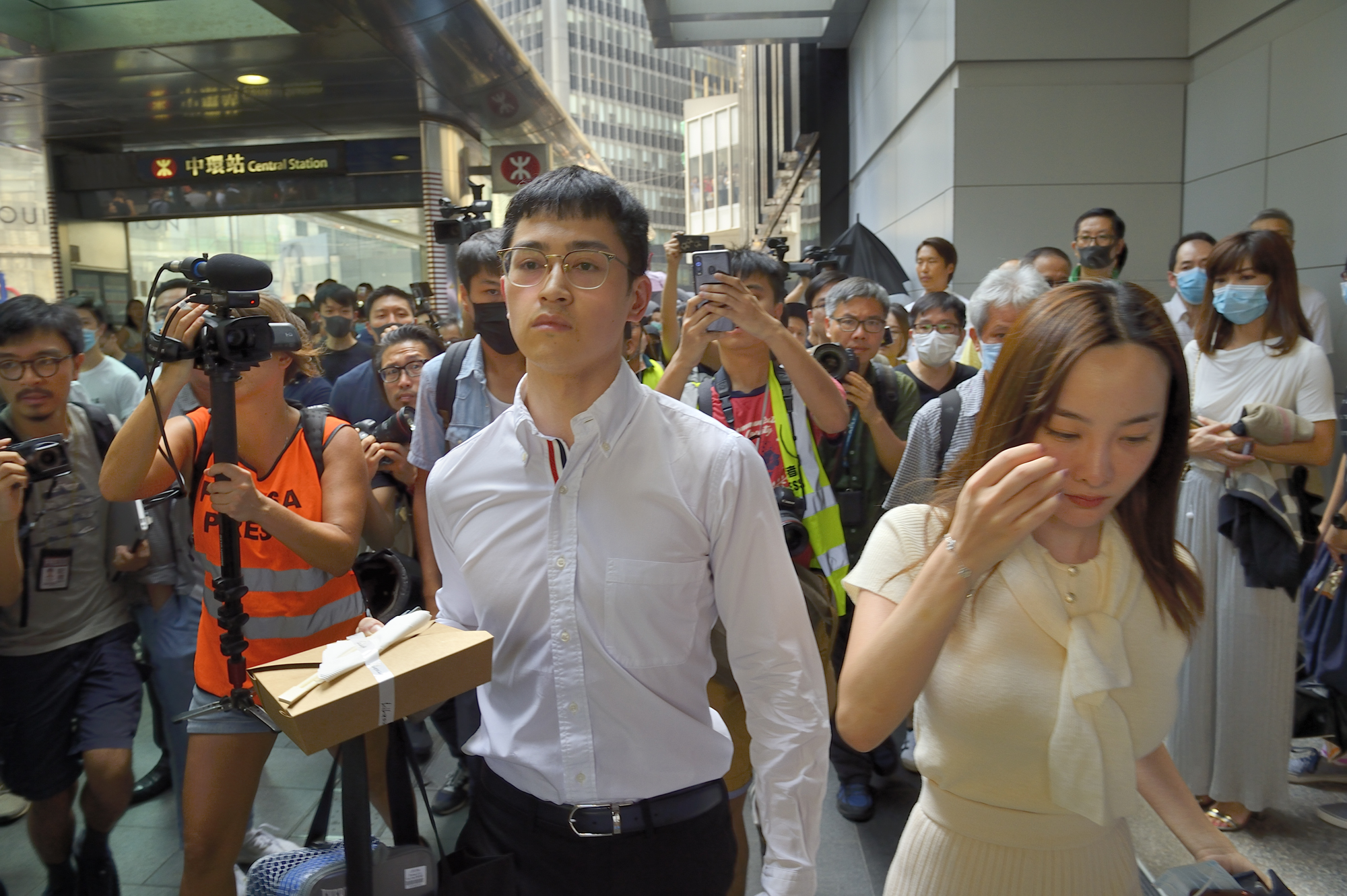
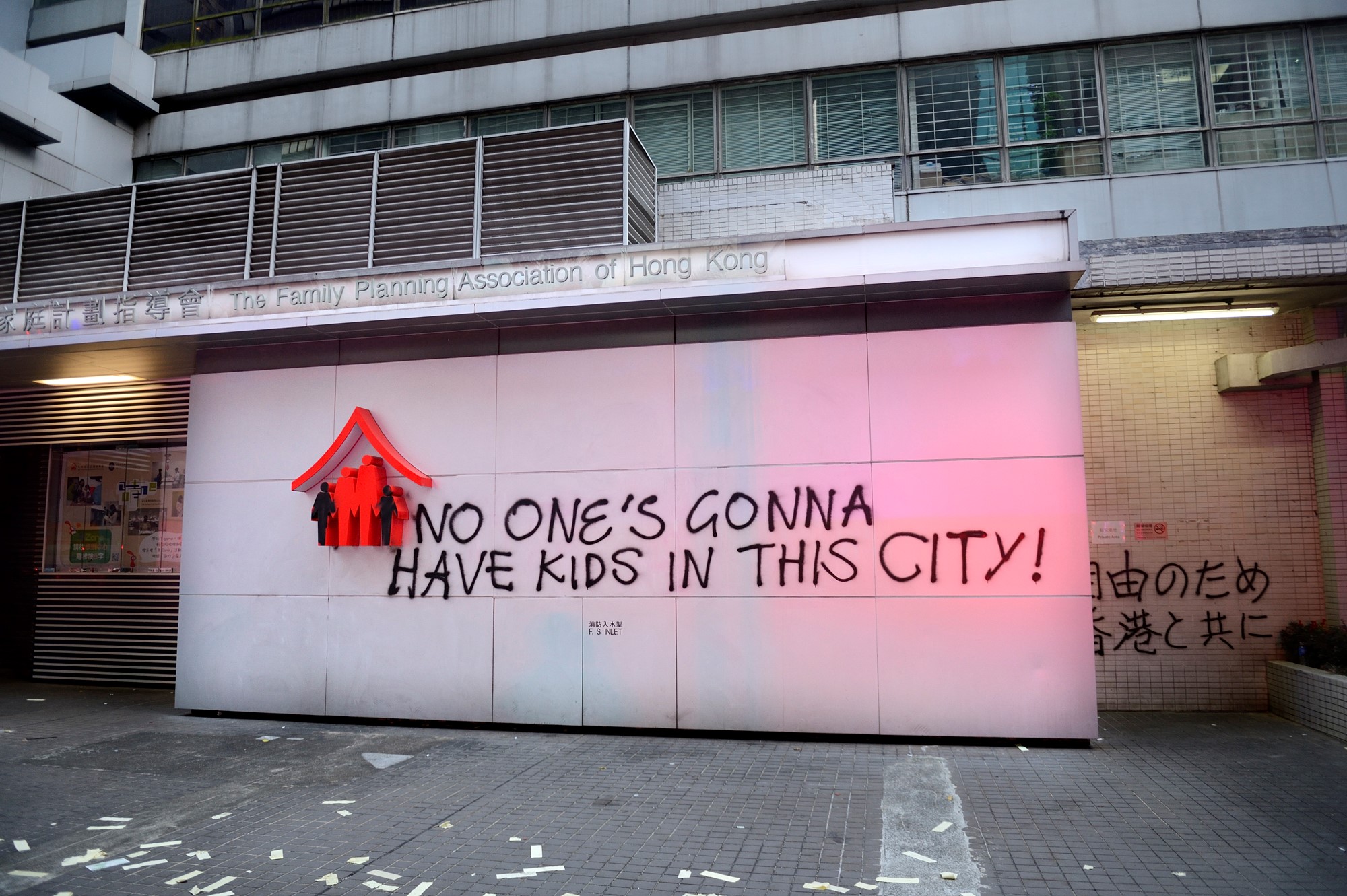
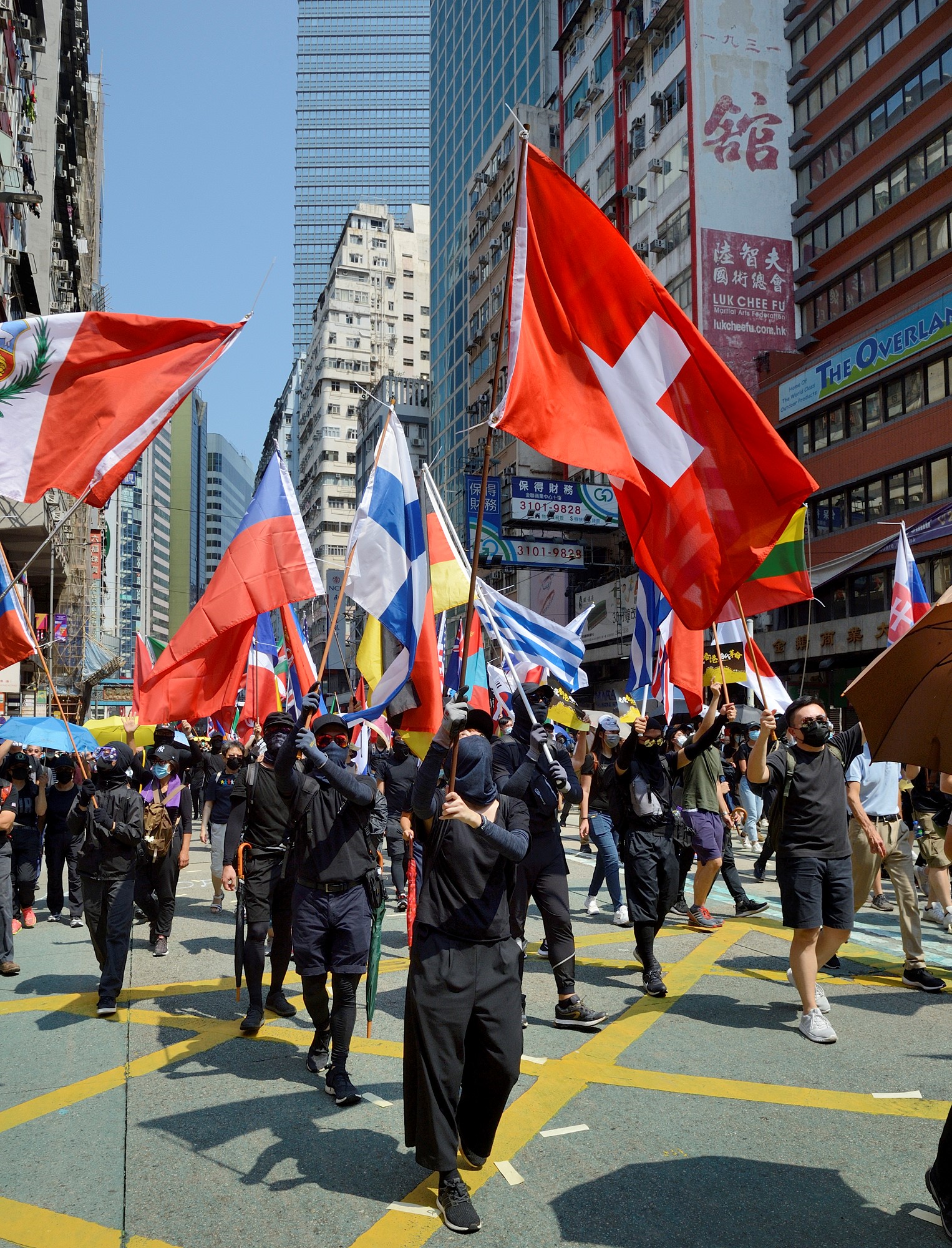
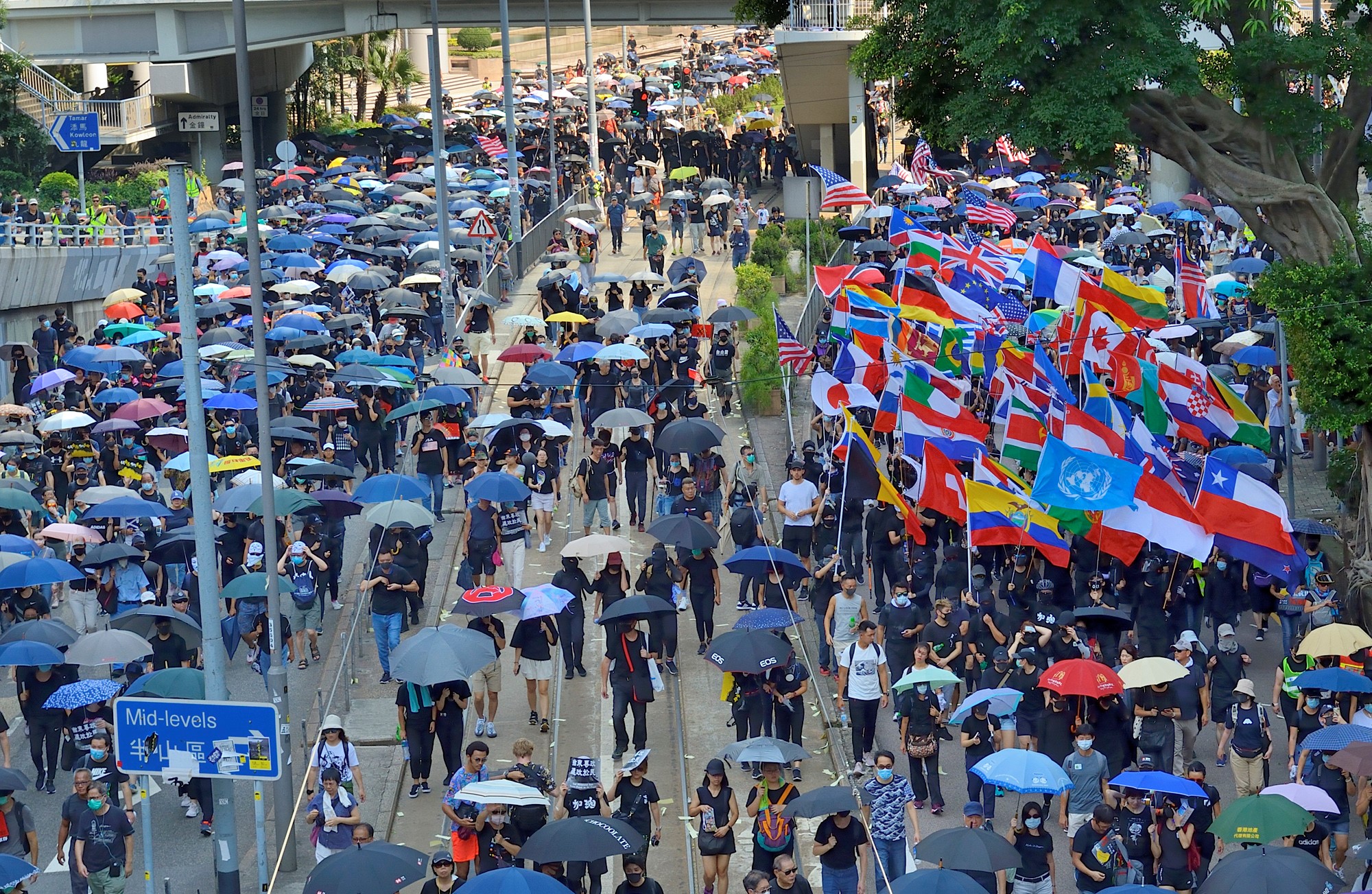
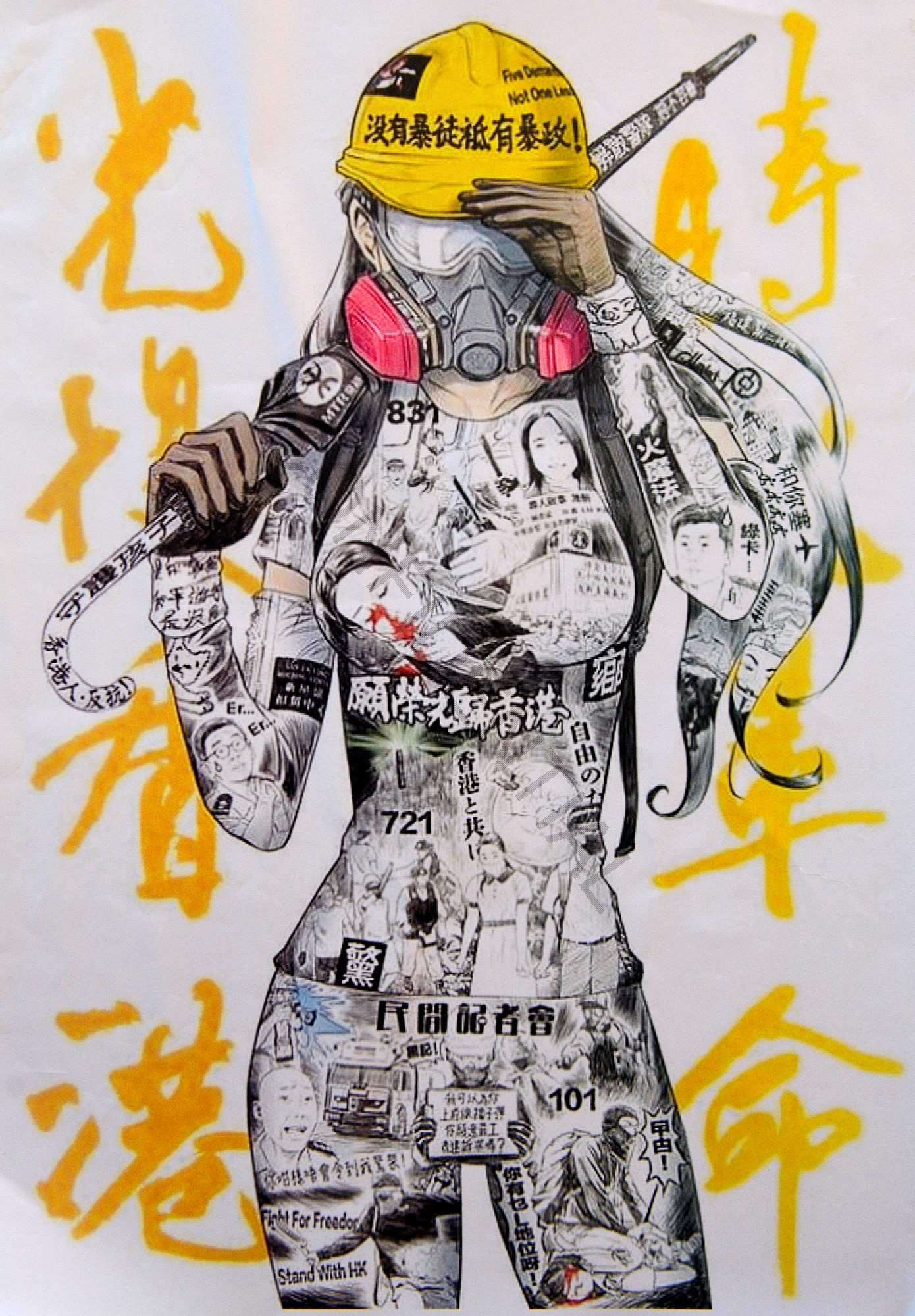
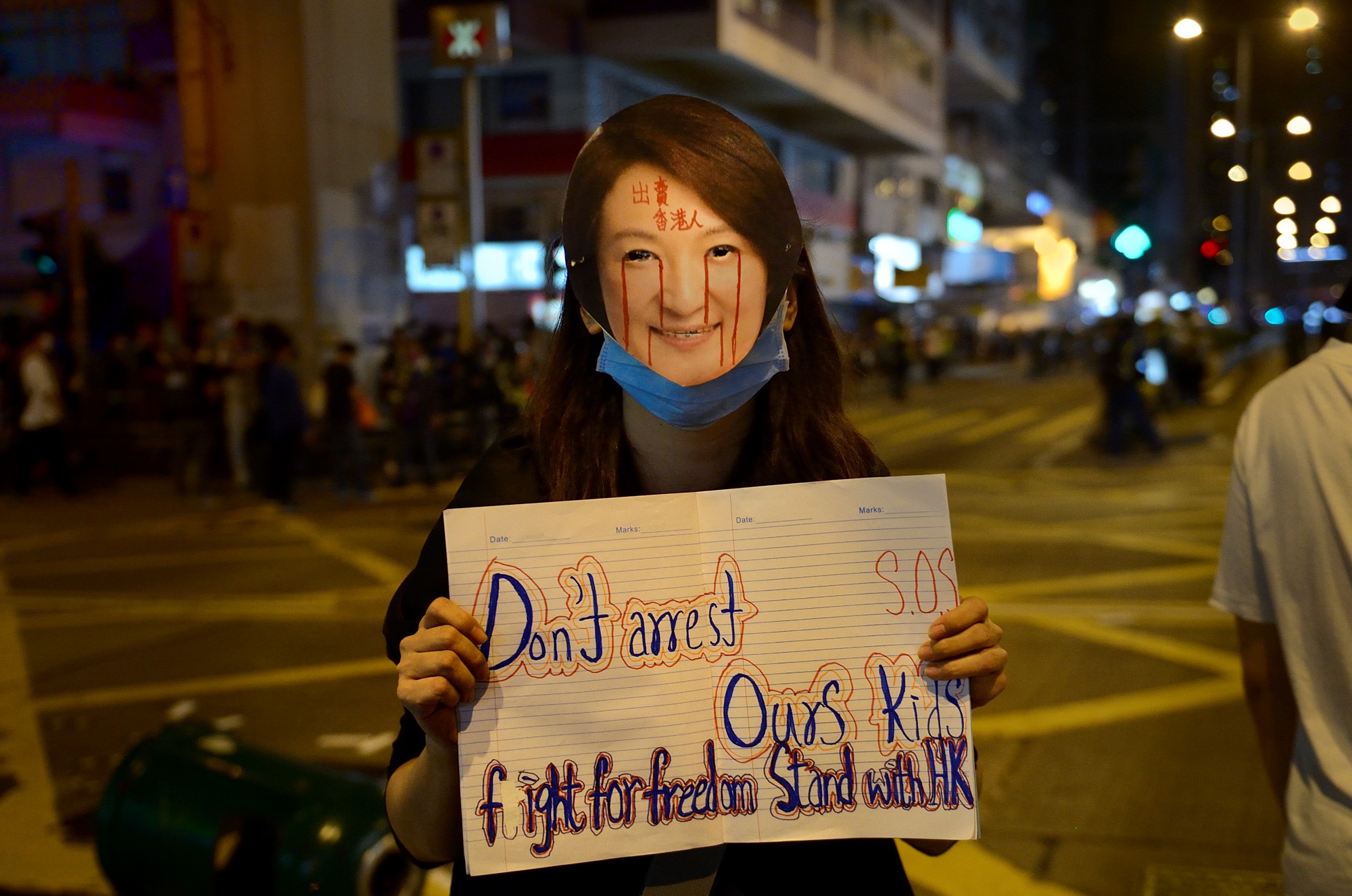
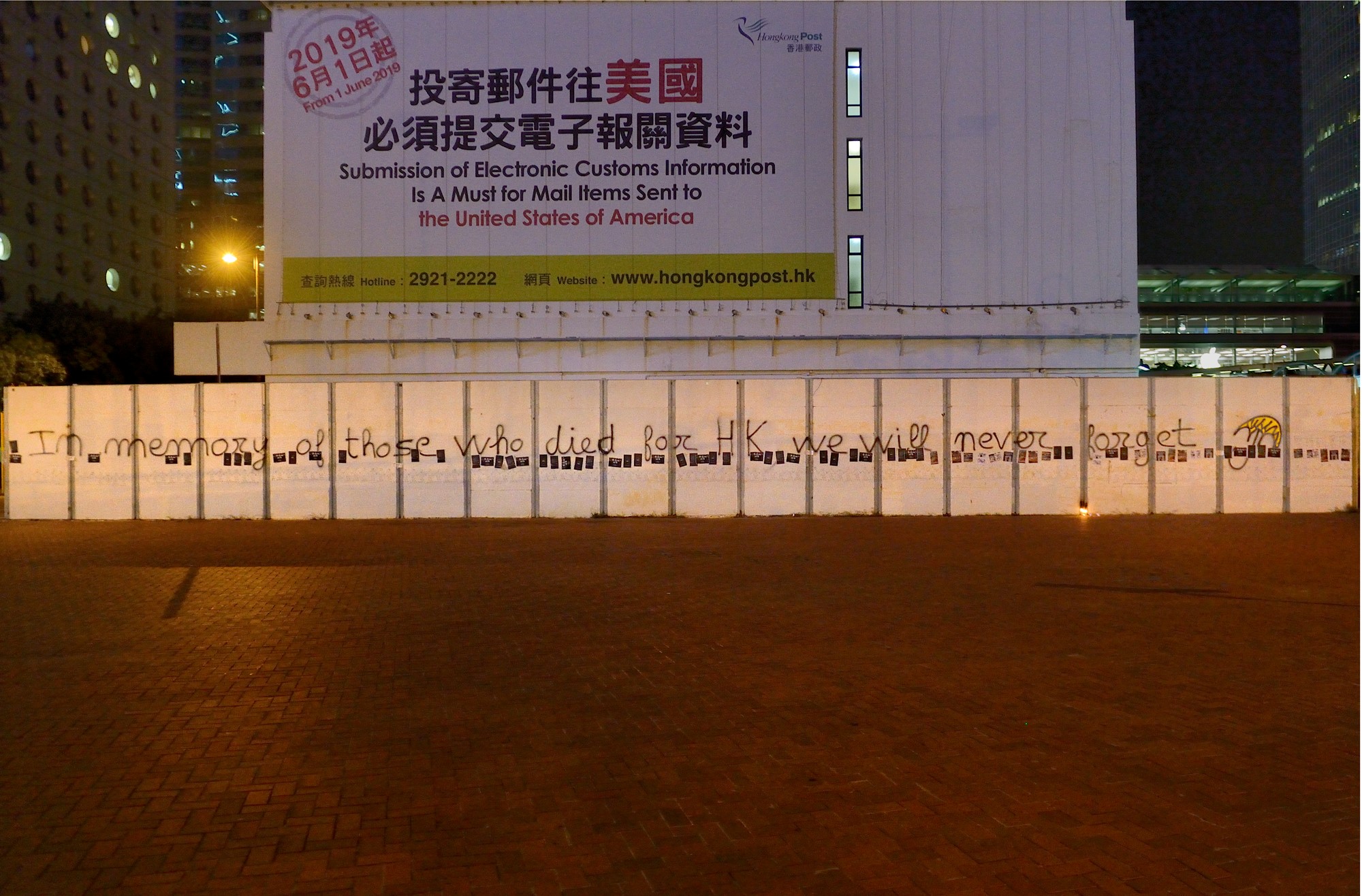
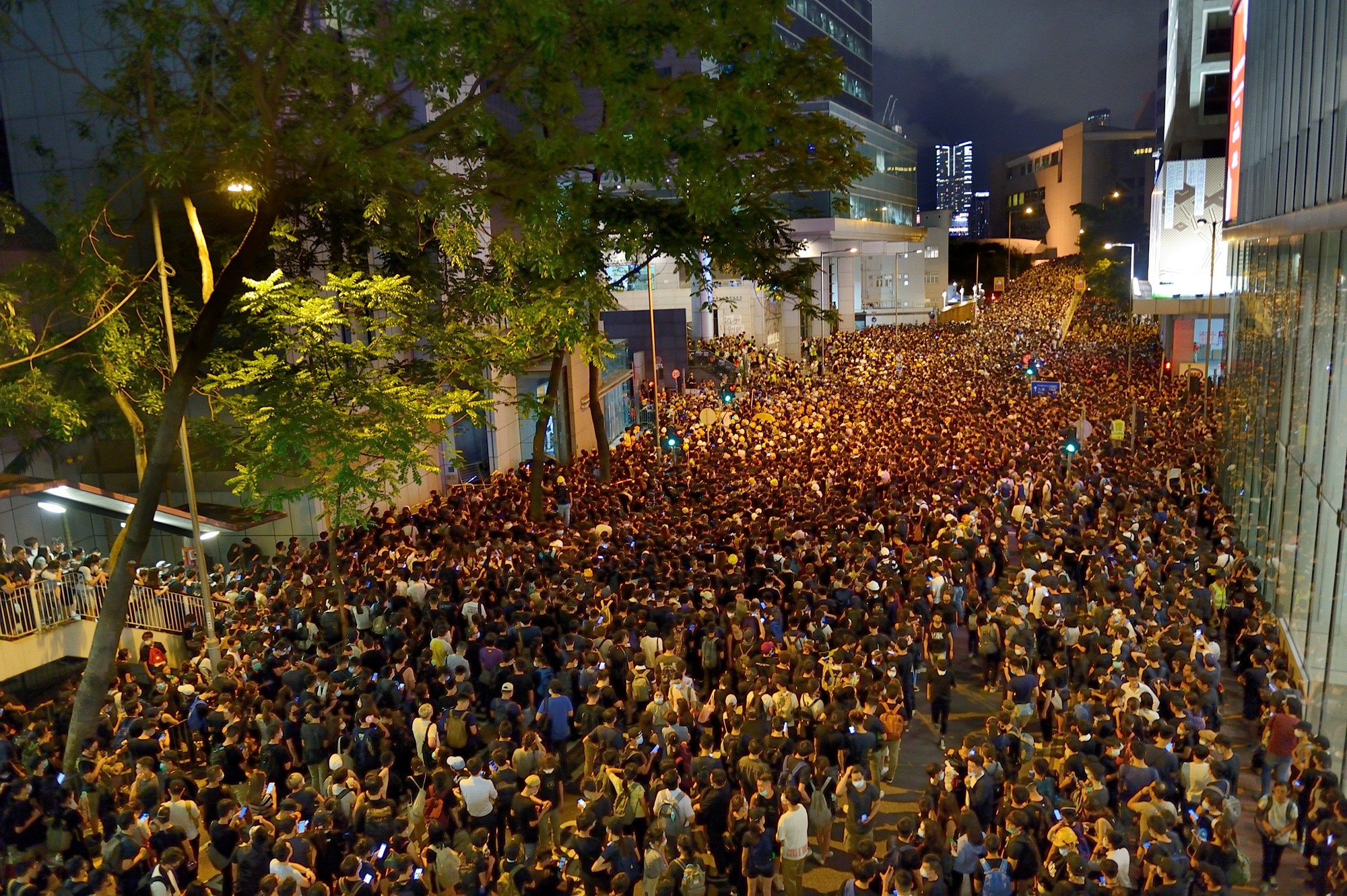
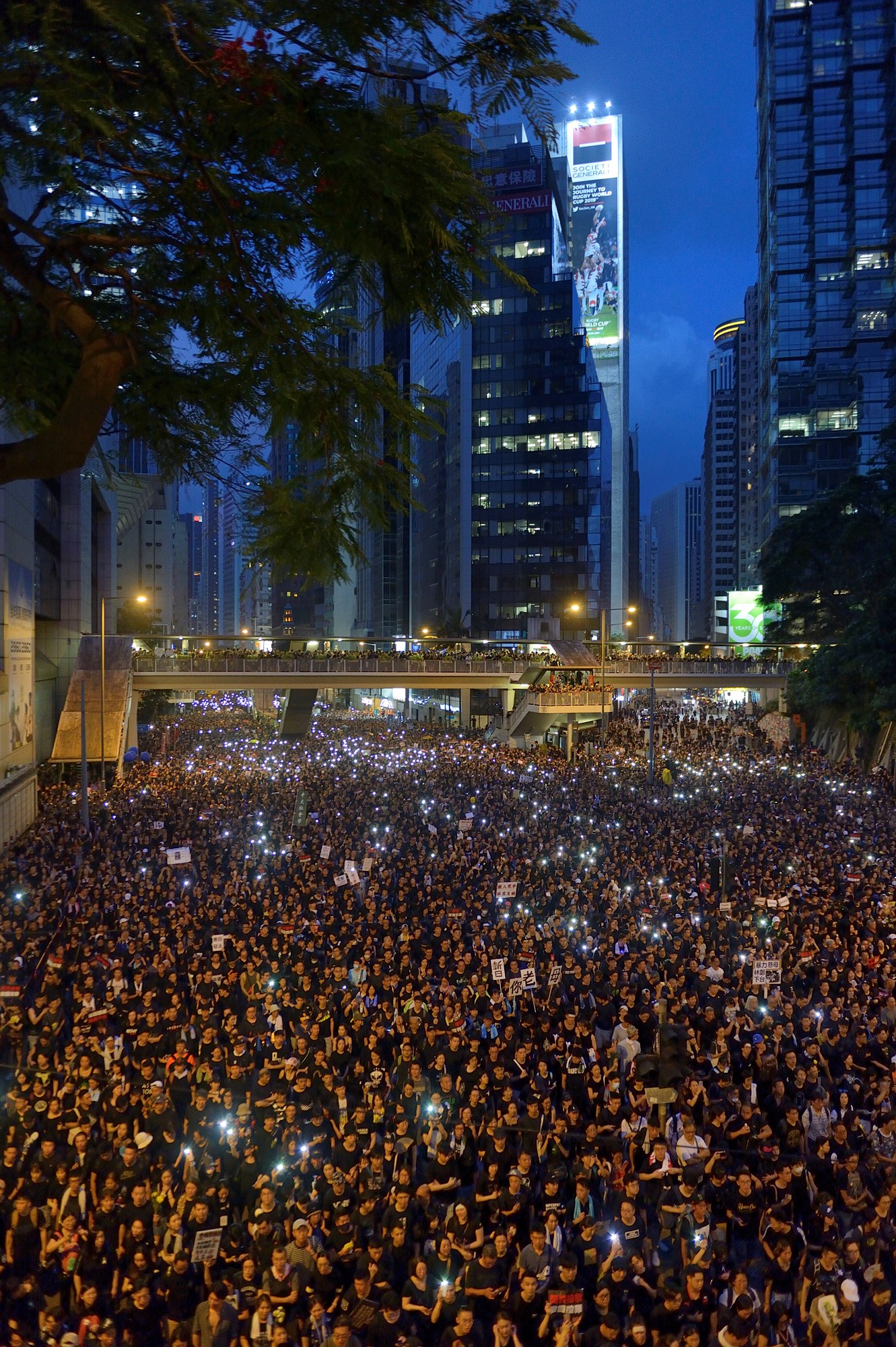
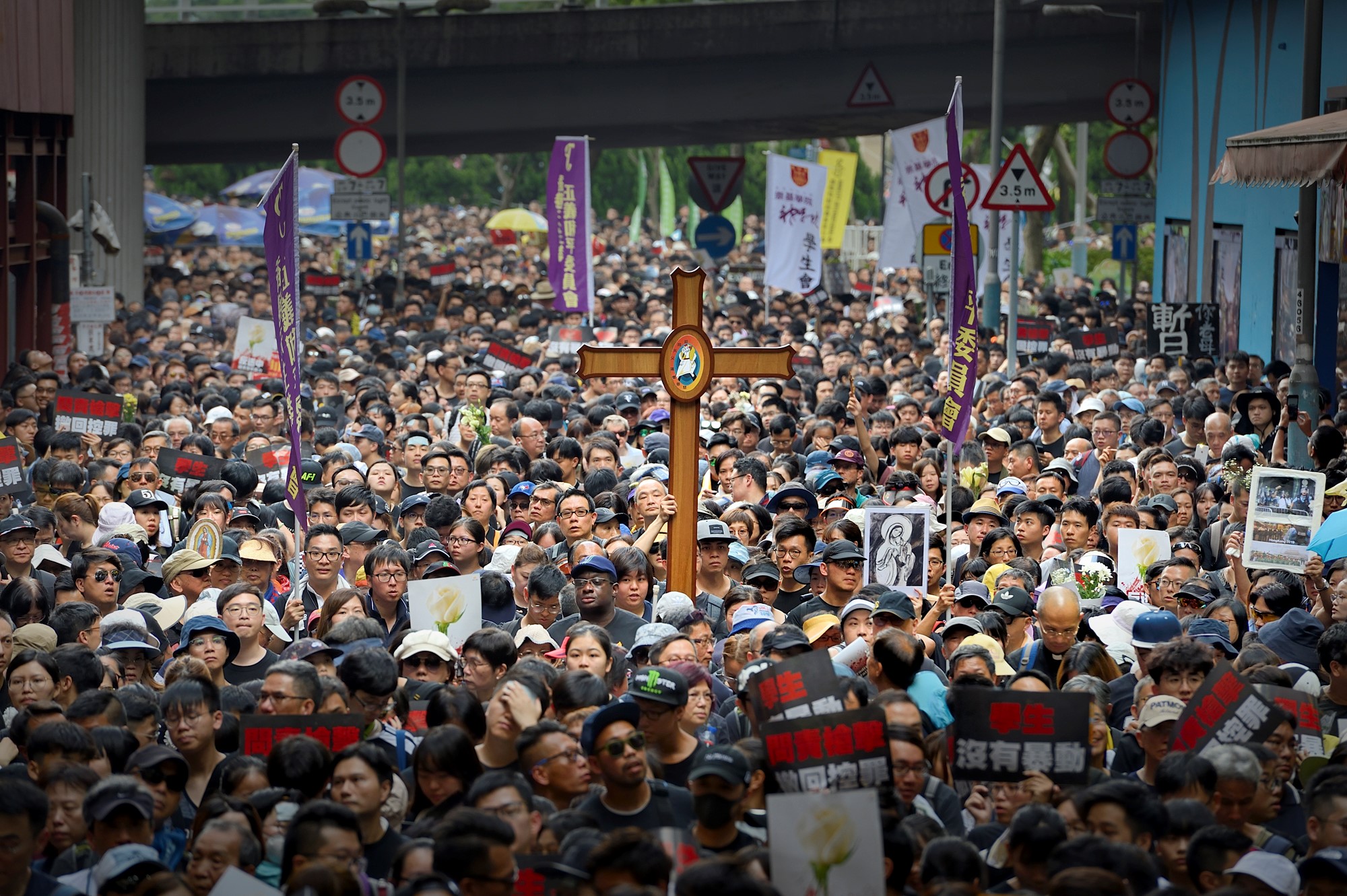
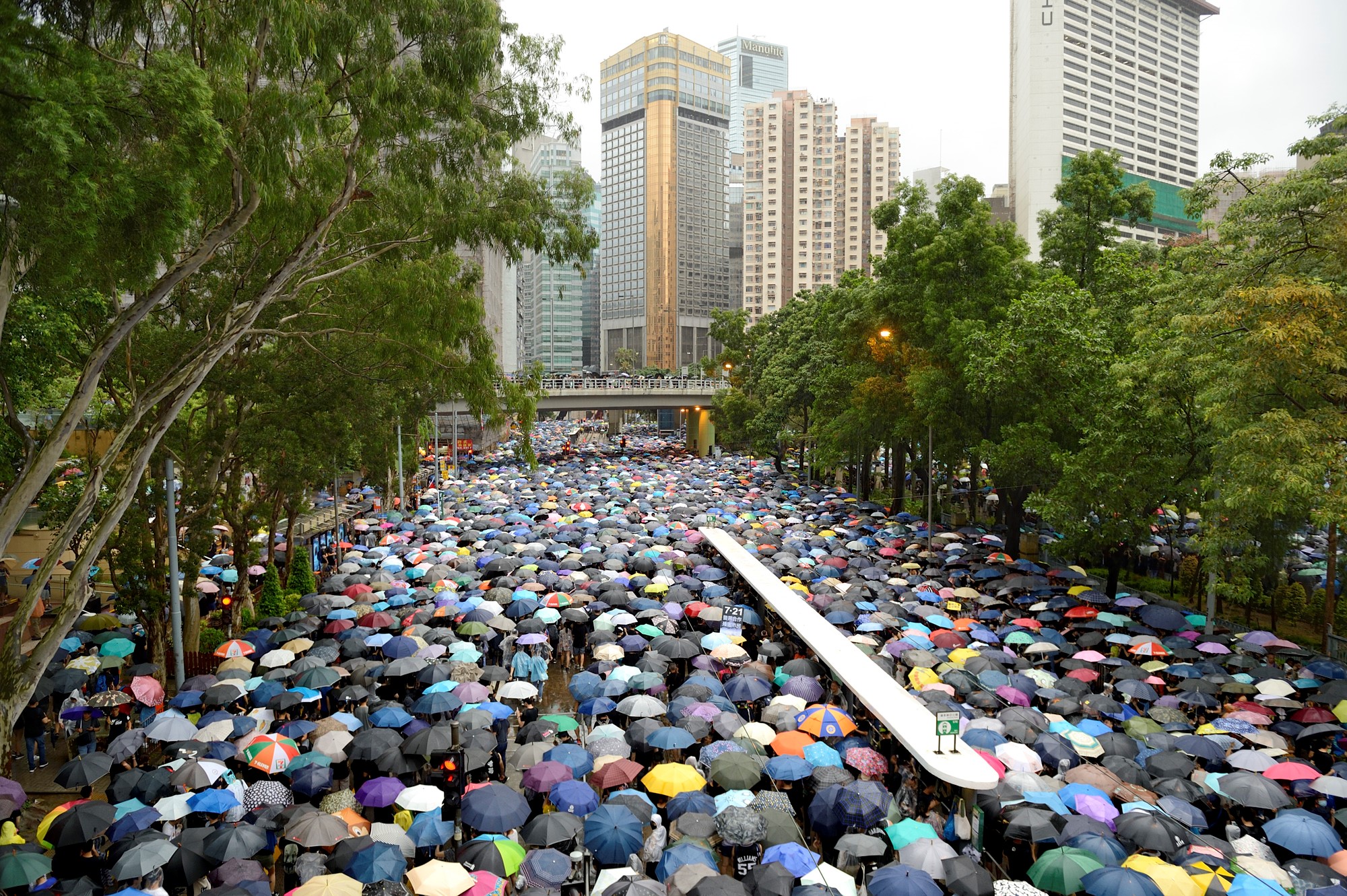
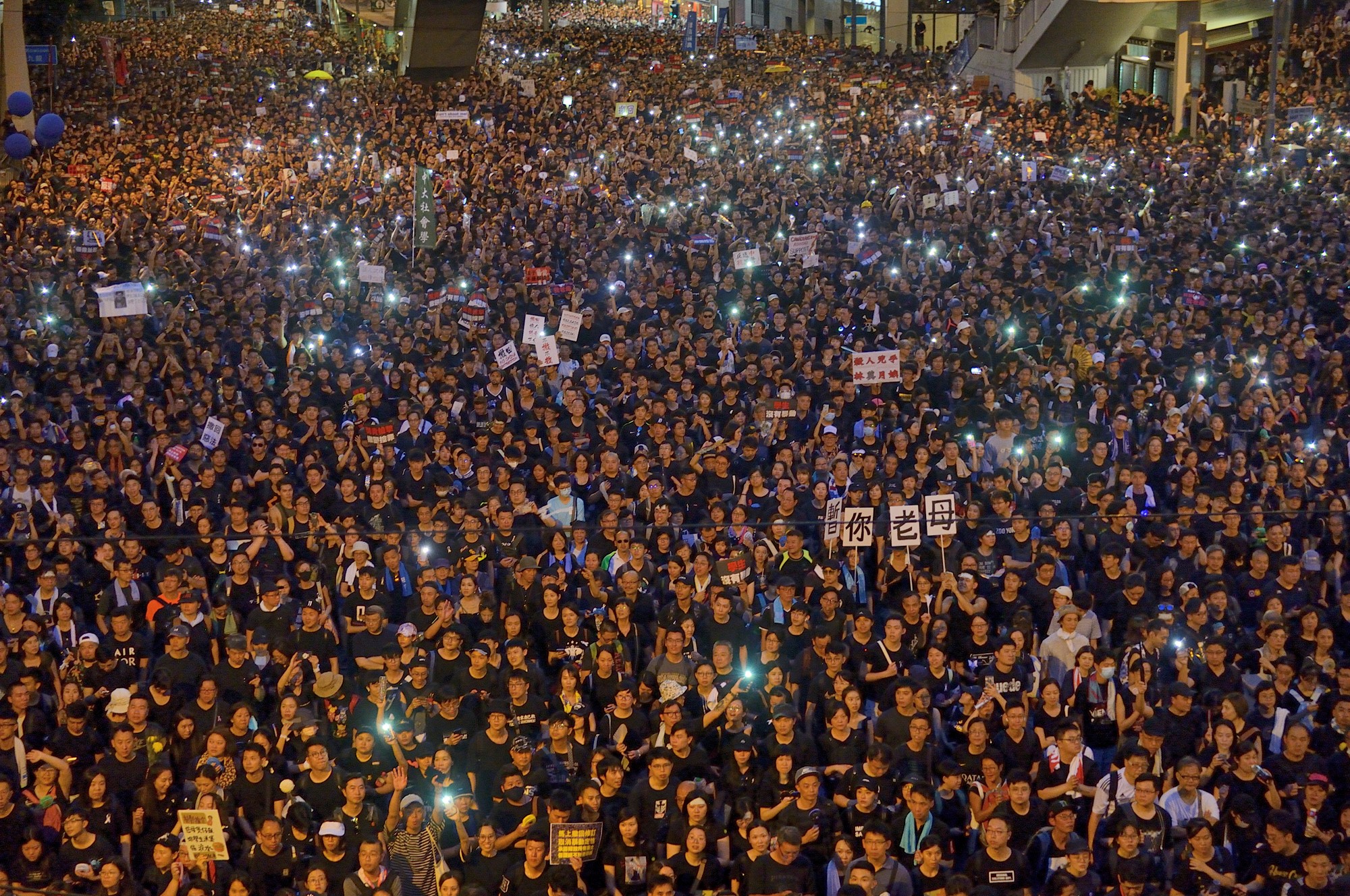
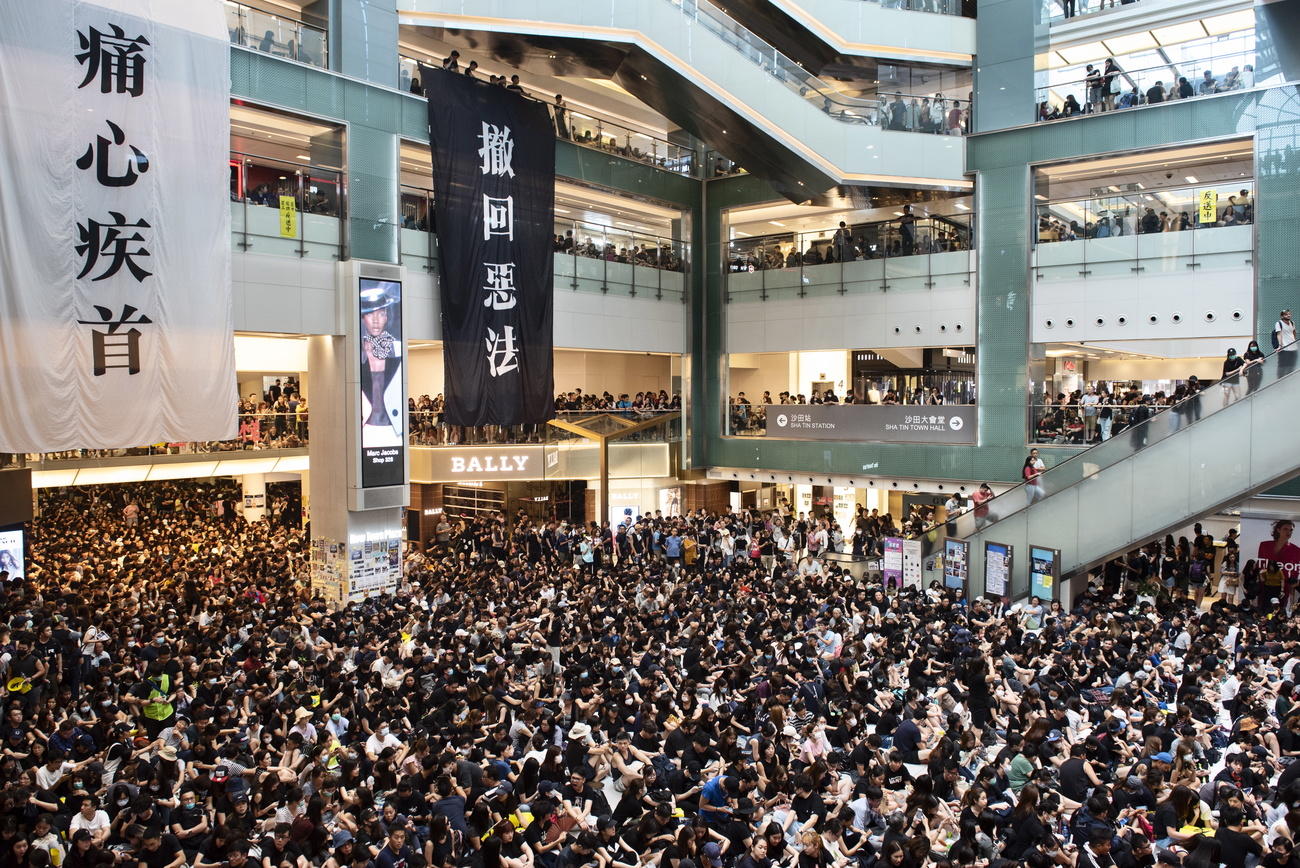
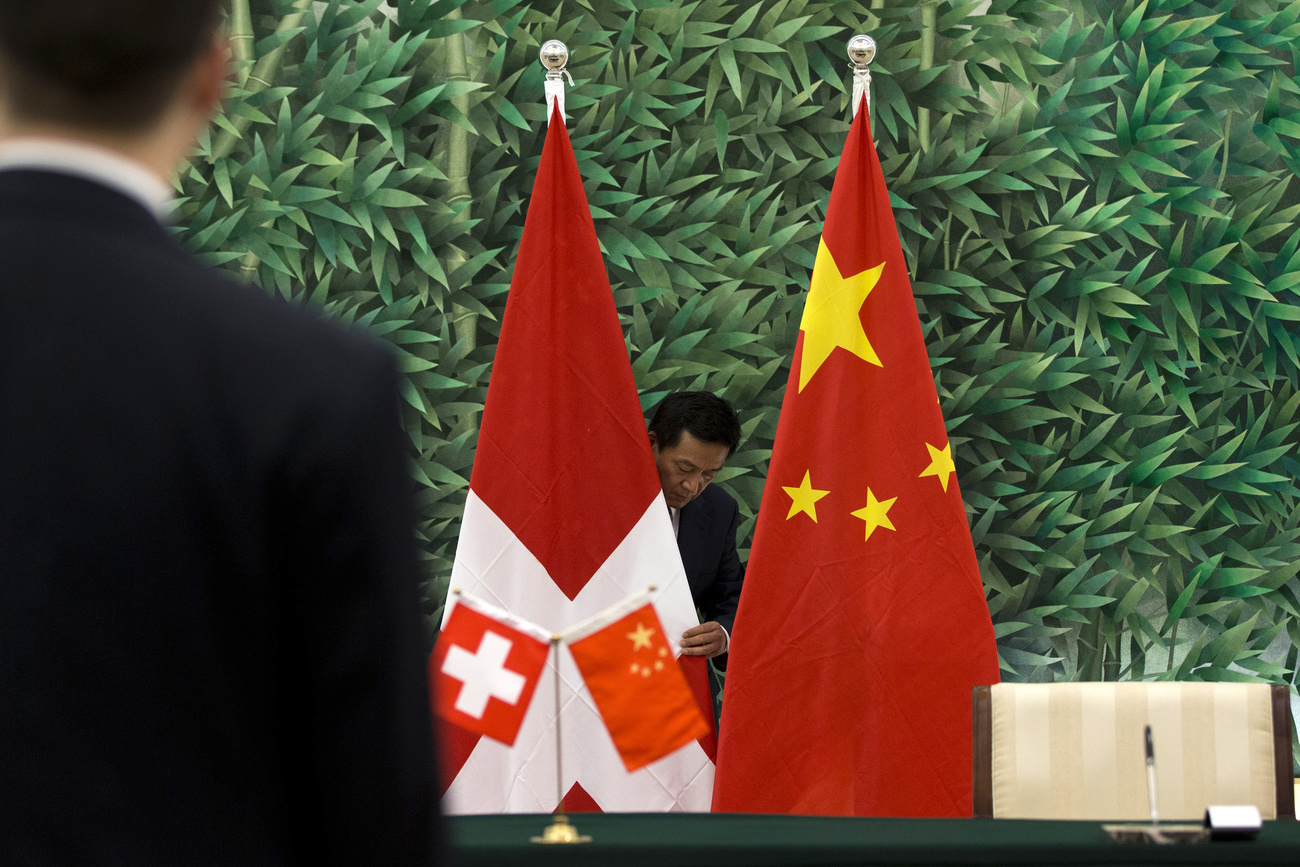
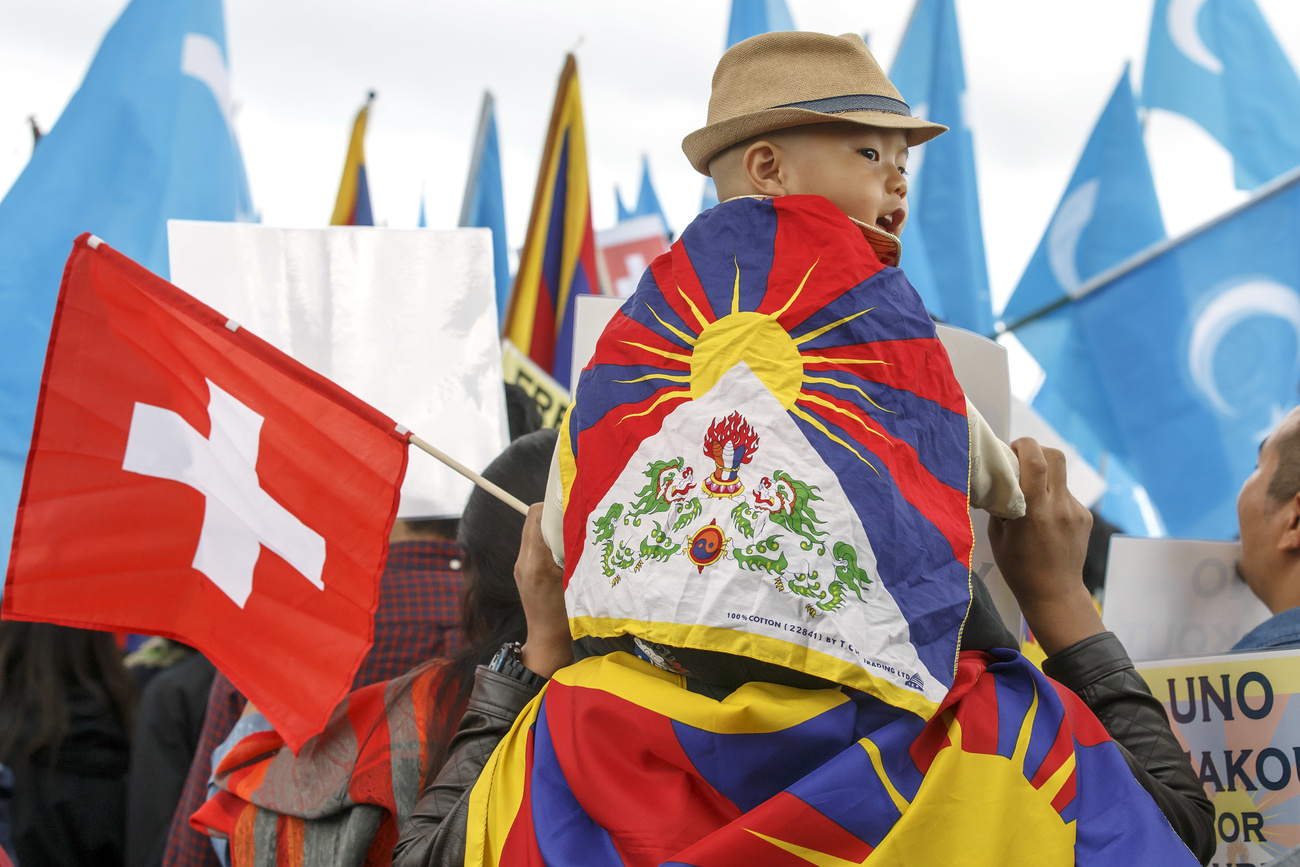
You can find an overview of ongoing debates with our journalists here. Please join us!
If you want to start a conversation about a topic raised in this article or want to report factual errors, email us at english@swissinfo.ch.